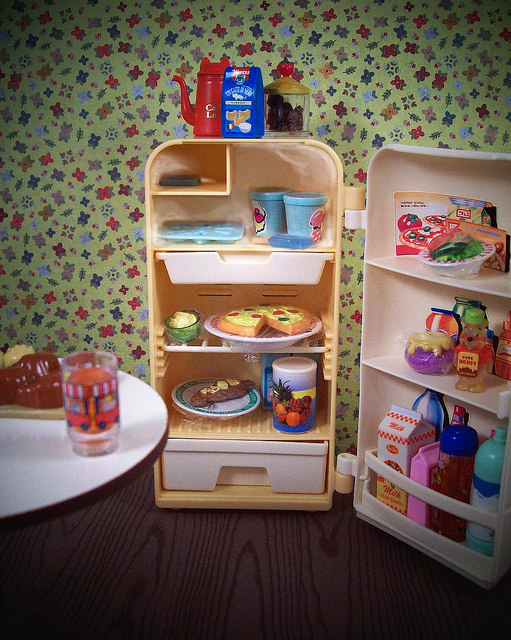Whatever happened to humility, focus and frugality in Silicon Valley?
By Bo Ren (Product Manager, Facebook)
This post originally appeared on Medium.
When I arrived in Silicon Valley almost five years ago, I knew two people. I slept on an uneven IKEA futon for three weeks. My back was in knots but I was grateful for my friend’s generosity.
I applied to my first startup job at Sunrun, landing a customer service role. I made a meager salary that barely covered rent. We didn’t have snacks in our micro kitchen for the first two years. On the first day when the snacks arrived I asked our CEO Lynn Jurich what she thought of them. She looked up from the kitchen sink while filling her Klean Kanteen water bottle and said “I didn’t notice we had snacks.” Lynn had been deep in thought when she walked into our kitchen and forgot to see the snacks. That moment seared into my memory.
True Talent Doesn’t Care About Snacks
Today people in the Bay Area are comparing compensation packages along with the company perks like in-office massages, snack selection, gourmet meals, and office dogs before joining a company. I can’t help but wonder have we lost our focus and humility?
Perks have become the norm in the Bay Area when companies are vying for the same talent. Perks are different from benefits like paid paternity and maternity leave, health insurance and paid vacation. Perks are the lifestyle amenities and small things that add to the “funness” of a company. It’s simple supply and demand at play. With limited supply of good talent, Company A will differentiates from Company B through perks. By becoming more and more cushy, companies have gone down the slippery slope of making the Valley hedonistic. Excess is now the norm and that scares me. Tech hedonism reigns all.
When I visit a startup with $15 million in funding and they have nice designer furniture, I get worried. I get worried for the investors, employees and users. Nice furniture is important but it is not the end game. A great product, focus on solving a human problem, and commitment to your users are what’s important. But when you’re sitting in a Herman Miller Aeron chair, eating organic strawberries you become removed from the human problem you’re trying to solve. If you’re building a product for the poor, disenfranchised, and vulnerable population, perks start to dilute your empathy and perspective on the human condition.
On a research trip in July, I visited Rounds, a video chat app startup in Tel Aviv. I was struck by their spartan and small their office. With $22 million in funding, and recently a $12 million Series B led by Sequoia, Rounds still maintained a lean startup lifestyle. 30 people cramped in a tiny office, no snacks, no fancy furniture, hard at work. No company sitting on $20 million in the Bay Area would forgo a big office upgrade. A company like Rounds gives hope me. An ability to live below your means displays foresight and grit.
My friend Alex Kwon built OneMinute in a Chinatown studio with a communal bathroom shared with ~50 people. He showered at the nearby gym. He worked out of McDonalds, co-working spaces, and coffee shops. He and his founding engineer Isaac recently moved in together in July. I admire both Alex and Isaac’s frugality, hustle, and dedication to building the best teleportation app possible. By living frugally, they are delaying fundraising. These guys are doing it right, bootstrapping with a low burn rate.
I want to live under some constraints because constraints breed innovation. I believe in frugality, hard work, and character. I’m not advocating for an Amazon culture or draconian work force but rather I want denizens of Silicon Valley to become more aware about our day to day consumption, office habits, and first world complaints. When it comes to full time paternity and maternity leave and paid vacation, we still have a long way to go.
Like Lynn, I try to acknowledge, appreciate, and ultimately ignore my perks. They are nice-to-have but non-essential. I never want to be dependent on perks alone to be happy at a company. I want to stay hungry, untethered from the golden handcuffs. So next time when you consider a company’s compensation package and culture, ask yourself “do I really need the perks?”
The answer is probably “NO”. Perks are not the deciding factor.
Photo by Charles Rodstrom via Flickr.
About the guest blogger: BBo Ren is a product manager at Tumblr building mobile content creation tools. Prior to Tumblr, she worked at Facebook and Instagram. She believes stories compound to create change. Follow her on Twitter at @bosefina and she writes on www.bosefina.com.

